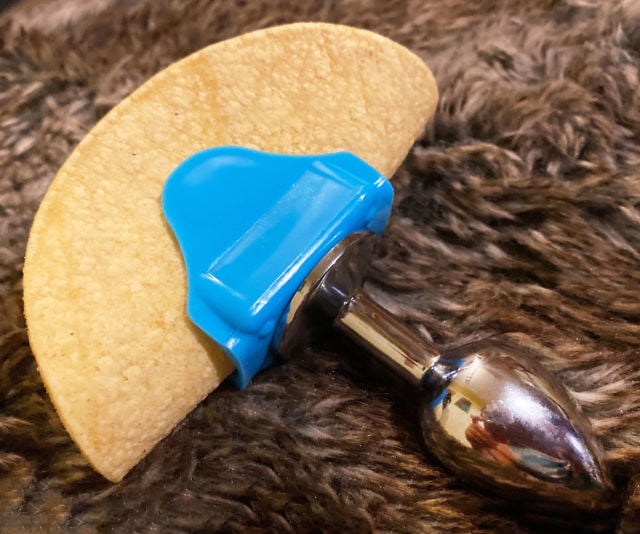Now a new NIH-funded study led by researchers at Harvard Medical School and the Icahn School of Medicine at Mount Sinai has identified the mechanism behind this phenomenon, showing that the gut’s motility is altered by exercise, pressure, and inflammation.
The study results, based on experiments in mice and published March 24 in Cell, reveal that a pressure-sensing protein called PIEZO1 — named after the Greek word for pressure and the discovery of which won the 2021 Nobel Prize in Physiology or Medicine — plays a key role both in coordinating intestinal movements and keeping inflammation in this organ at bay.
To better understand PIEZO1’s exact role, the team tested mouse intestinal tissue under varying pressure conditions. In normal mice, the intestines contracted when pressure increased. However, in mice genetically altered to lack Piezo1, the tissue failed to contract under pressure, confirming that PIEZO1 acts as a pressure sensor, helping regulate gut movement.
Those poor mice =(


